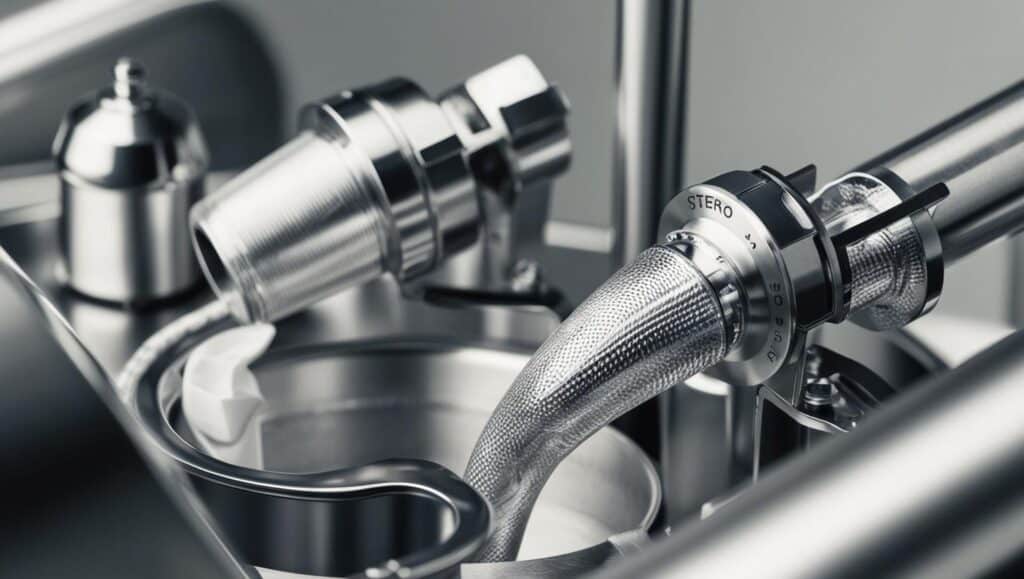
The ECRI Institute, based in Philadelphia, has just released its annual list of patient safety concerns for 2020. This year’s list includes an entry at number 5 for device cleaning, disinfection and sterilization, echoing prior year concerns about sub-standard disinfection practices for flexible endoscopes and other reusable medical equipment.
ECRI’s list is the result of extensive data accumulated from member hospitals, as well as input from interdisciplinary patient safety experts. The list is voted on by patient safety experts from inside and outside of ECRI, and the list is meant to identify new risks, existing concerns that are changing because of new technology or care delivery models, and persistent issues that need focused attention or pose new opportunities for intervention.
It’s no surprise that sterilization practices came in as number 5 on the list, as reports of safety breaches due to poorly sterilized or disinfected medical equipment continue to occur all around the country. The Executive Brief published by ECRI Institute explains why device disinfection continues to be such a concern:
“In spite of several barriers, sterile processing departments (SPDs) are responsible for cleaning, decontamination, inspection, assembly, packaging, storage, and distribution of instruments, equipment, and supplies—tasks that rely on strict adherence to processes that leave no room for error. Some of these barriers include productivity pressures; lack of access to current manufacturer instructions for use and processing technologies; lack of necessary supplies; communication breakdowns between SPD staff and the departments they support; and a lack of universal training and certification requirements.
Incidents involving improperly reprocessed instruments can potentially result in devastating effects on patients, damage to organizational and provider reputations, citations and fines from regulatory bodies, prompt review by accrediting agencies, and lawsuits. However, “patient safety starts in the sterile processing department,” says Gail Horvath, MSN, RN, CNOR, CRCST, senior patient safety analyst and consultant, ECRI, and “everyone has a role.”
To help mitigate the risk of errors and their consequences, ECRI recommends facilities establish effective workflows that involve SPD and clinical staff input, incorporate quality checks throughout the sterilization process, improve interprofessional relationships, and provide continuing education opportunities for staff. Establishing relationships with instrument manufacturers and accessing resources from organizations such as the Association for the Advancement of Medical Instrumentation [AAMI], the American Society for Health Care Engineering [ASHE], and the Association of periOperative Registered Nurses [AORN] can help fine-tune SPD policies and procedures to ensure timely and safe turnaround times, reduce preventable errors and associated costs, and ensure patient safety and satisfaction.”
The article also noted that “Sterile processing failures can lead to surgical site infections, which have a 3% mortality rate and an associated annual cost of $3.3 billion.”
Read the entire Executive Brief here: Top 10 Patient Safety Concerns 2020
As the spotlight on reusable medical equipment such as endoscopes and surgical instruments continues to shine, hospitals and ambulatory surgical centers must continue to be vigilant in enforcing the highest standards for sterilization and high-level disinfection. We must make sure that team members are performing the steps of the sterilization or reprocessing cycle consistently and are documenting their findings along the way. If your department wants to automate the workflow and documentation process of the endoscope reprocessing cycle, consider an endoscope tracking system like iRIScope. Systems like these ensure that your staff are performing consistent, repeatable and documented steps during reprocessing. They also minimize manual efforts to document the process by incorporating advanced data collection technologies like RFID directly in to the workflow.
Related posts:
- The Missing Link in Hospital Efficiency: How SurgiCart is Changing the Game
- Enhancing Patient Safety and Regulatory Compliance: The Future of Endoscope Management with iRIScope
- Revolutionizing Endoscope Management with iRIScope: Ensuring Compliance with ST91 Standards
- The Hidden Risks in Endoscope Management—And How to Fix Them
